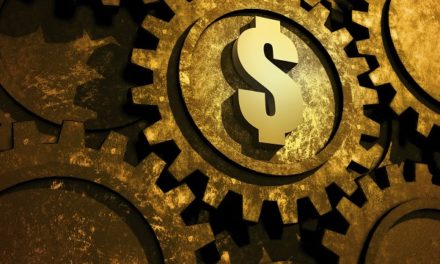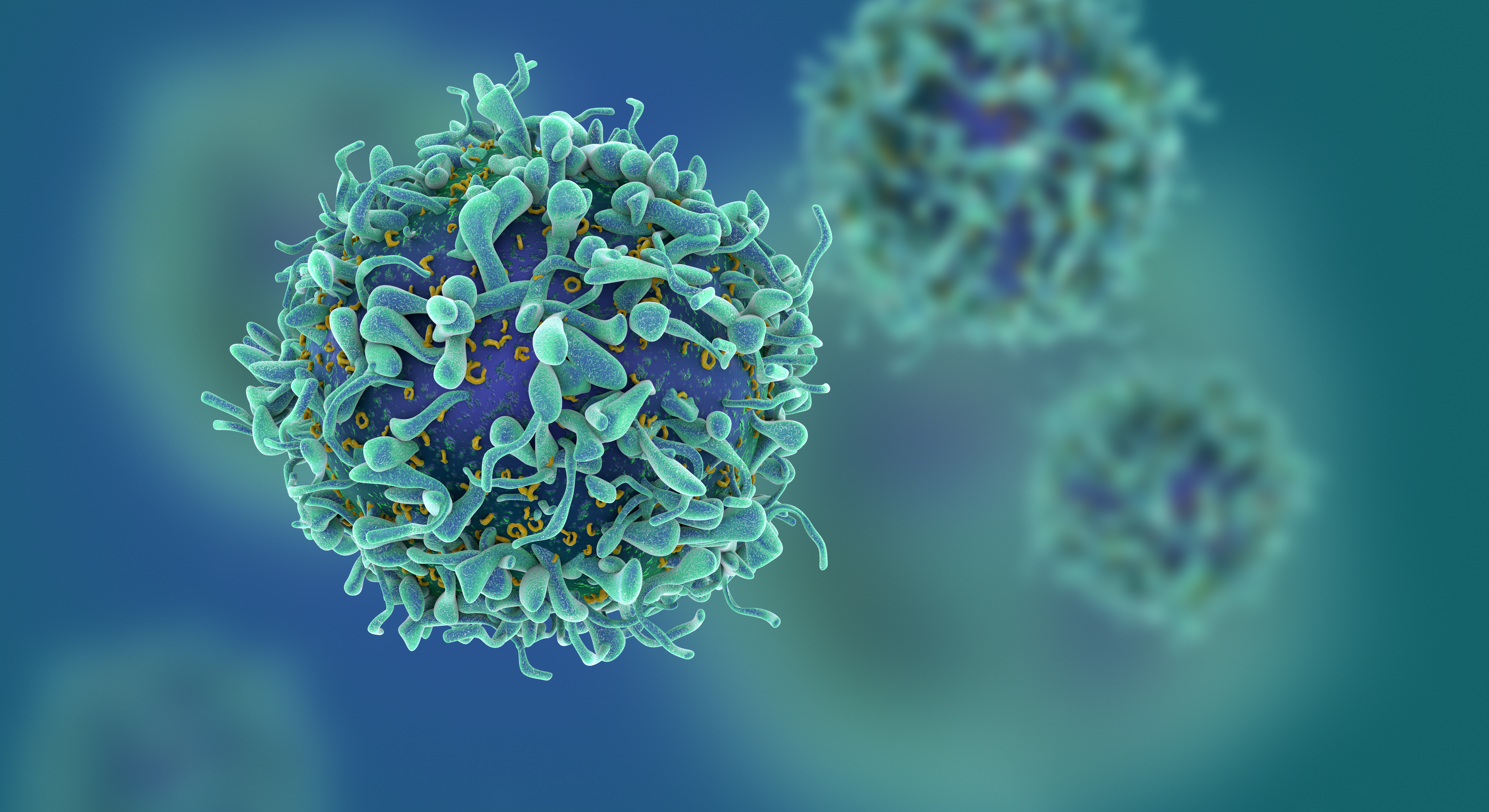
“I buy on the assumption that they could close the market the next day and not reopen it for five years.”
— Warren Buffett
The Warren Buffett investment philosophy calls for a long-term investment horizon, where a five year holding period, or even longer, would fit right into the strategy. How would such a strategy have worked out for an investment into Starbucks Corp. (NASD: SBUX)? Today, we examine the outcome of a five year investment into the stock back in 2020.
| Start date: | 01/03/2020 |
|
|||
| End date: | 01/02/2025 | ||||
| Start price/share: | $88.83 | ||||
| End price/share: | $92.17 | ||||
| Starting shares: | 112.57 | ||||
| Ending shares: | 125.24 | ||||
| Dividends reinvested/share: | $10.00 | ||||
| Total return: | 15.44% | ||||
| Average annual return: | 2.91% | ||||
| Starting investment: | $10,000.00 | ||||
| Ending investment: | $11,543.09 | ||||
As shown above, the five year investment result worked out as follows, with an annualized rate of return of 2.91%. This would have turned a $10K investment made 5 years ago into $11,543.09 today (as of 01/02/2025). On a total return basis, that’s a result of 15.44% (something to think about: how might SBUX shares perform over the next 5 years?). [These numbers were computed with the Dividend Channel DRIP Returns Calculator.]
Many investors out there refuse to own any stock that lacks a dividend; in the case of Starbucks Corp., investors have received $10.00/share in dividends these past 5 years examined in the exercise above. This means total return was driven not just by share price, but also by the dividends received (and what the investor did with those dividends). For this exercise, what we’ve done with the dividends is to assume they are reinvestted — i.e. used to purchase additional shares (the calculations use closing price on ex-date).
Based upon the most recent annualized dividend rate of 2.44/share, we calculate that SBUX has a current yield of approximately 2.65%. Another interesting datapoint we can examine is ‘yield on cost’ — in other words, we can express the current annualized dividend of 2.44 against the original $88.83/share purchase price. This works out to a yield on cost of 2.98%.
More investment wisdom to ponder:
“Calling someone who trades actively in the market an investor is like calling someone who repeatedly engages in one-night stands a romantic.” — Warren Buffett




